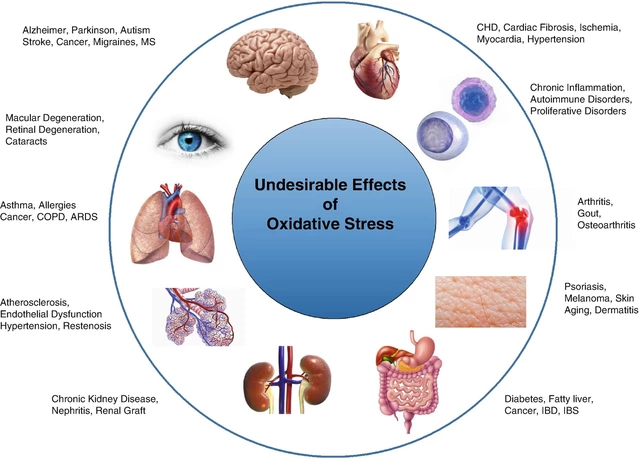Primidone interactions: what to watch for
Primidone is an older anti-seizure medicine that the body turns into phenobarbital and other breakdown products. That metabolism matters because primidone can change how many other drugs work — and other drugs can change how primidone behaves. If you take primidone, you should know the main interaction risks, signs to watch for, and simple steps to stay safe.
Major drug interactions
Here are the interactions you’re most likely to run into and why they matter:
- Other central nervous system depressants — benzodiazepines (like lorazepam), opioids, alcohol, some sleep meds. Combining these with primidone often causes extra drowsiness, slow breathing, poor coordination, and higher fall risk.
- Anticoagulants (warfarin) — primidone induces liver enzymes, which can lower warfarin levels and reduce its effect. That may mean your INR drops; you’ll need closer monitoring until doses are stable.
- Hormonal contraceptives — enzyme induction can reduce the effectiveness of birth control pills, patches, or rings. Use a backup method or discuss alternatives with your clinician.
- Other anti-seizure drugs — drugs like phenytoin, carbamazepine, lamotrigine, and valproate can interact. Effects vary: some drugs lower primidone levels, others raise its active metabolite levels, changing seizure control or side effects.
- Drugs cleared by the liver — because primidone speeds up liver enzymes, medications that need stable blood levels (certain antidepressants, thyroid meds, statins, and some HIV or transplant drugs) may become less effective.
Practical safety tips
Don’t panic — most interactions are manageable if you follow a few clear rules:
- Tell every prescriber and pharmacist you take primidone. That helps them flag risky combinations before you get a refill.
- Avoid drinking alcohol and be cautious with sedatives. If you feel unusually sleepy, stop the other sedative and call your doctor.
- If you’re on warfarin, expect extra INR checks when primidone is started, stopped, or the dose changes.
- Use backup contraception while on primidone or ask about non-hormonal options.
- Don’t stop primidone suddenly. Stopping abruptly can trigger seizures. If you need a change, get a taper plan from your doctor.
- Watch for signs of toxicity — severe drowsiness, confusion, trouble walking, slurred speech, or breathing problems — and seek help right away.
If you buy medications online, double-check drug interactions with a pharmacist before starting something new. Small routine steps — sharing a full medication list at every visit and getting targeted blood tests when recommended — prevent most problems. If you’re ever unsure, call your healthcare team. They can adjust doses, order monitoring, or choose safer alternatives so primidone works without avoidable risks.
12
Primidone Interactions: What to Avoid While Taking This Medication
As a blogger, I want to share some important information about Primidone interactions. It's essential to avoid certain medications, like other anticonvulsants, blood thinners, and antidepressants, while taking Primidone. Additionally, be cautious with alcohol and grapefruit juice as they can increase the drug's side effects. Always consult your doctor before starting or stopping any medication to ensure your safety. Remember, being informed is the key to managing your health effectively!
Latest Posts
Popular Posts
-
 Meniere’s Diet: How Sodium Restriction and Fluid Balance Reduce Vertigo and Hearing Loss
Meniere’s Diet: How Sodium Restriction and Fluid Balance Reduce Vertigo and Hearing Loss
-
 Extended Use Dates: How the FDA Extends Drug Expiration Dates During Shortages
Extended Use Dates: How the FDA Extends Drug Expiration Dates During Shortages
-
 OTC Heartburn Medications: Antacids, H2 Blockers & PPIs Explained
OTC Heartburn Medications: Antacids, H2 Blockers & PPIs Explained
-
 Magnesium Supplements and Osteoporosis Medications: What You Need to Know About Timing
Magnesium Supplements and Osteoporosis Medications: What You Need to Know About Timing



